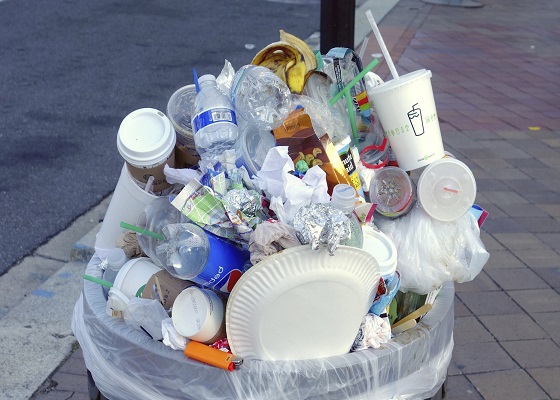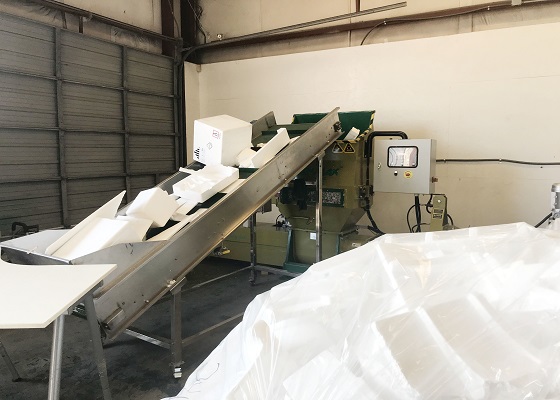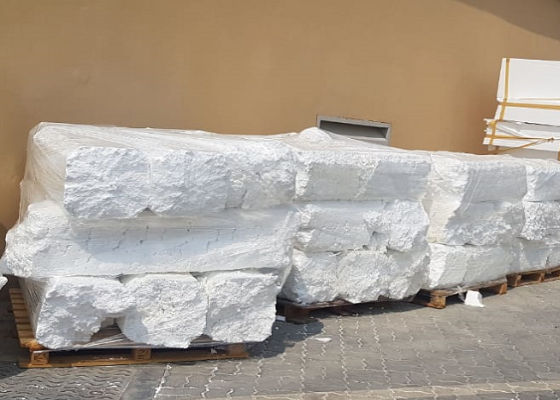If Vancouver can cooperate with recyclers it will promote polystyrene recycling
Polystyrene is recyclable, but in Vancouver, because there is no way to collect styrofoam on the roadside, for polystyrene recycling, it must be transported to a recycling station.
Cosmark said a study in the city showed that only 6% of residents were willing to do so, meaning that much of the polystyrene waste was eventually landfilled. Landfilled polystyrene needs hundreds of years to be naturally degraded, causing long-term pollution.

This is a very regrettable matter, even if residents' environmental protection awareness has increased, there are no convenient channels for recycling. If Vancouver can cooperate with recyclers, the recovery of polystyrene may be increased.
Recycling stations are generally run by recyclers, and experienced recyclers have their own set of methods for polystyrene waste. Buy a professional polystyrene compactor A-C200, compress the polystyrene waste at a ratio of 50: 1, the screw contained in the machine squeezes out the air in the polystyrene, and the recycled polystyrene is also called a polystyrene block, which is convenient to put to save storage space.

Polystyrene blocks also improve polystyrene transportation efficiency and save freight when sold to the end market. As a renewable resource, Polystyrene blocks are raw materials for some end products. Recyclers make profits by selling blocks to achieve a profitable recycling model.

USA California municipalities have cooperated with recyclers. Residents throw polystyrene waste into roadside recycling bins, collect them by municipalities, and ship them to recycling stations. This is why California recycling is at the forefront of states. Vancouver may use this model to improve polystyrene recovery.
